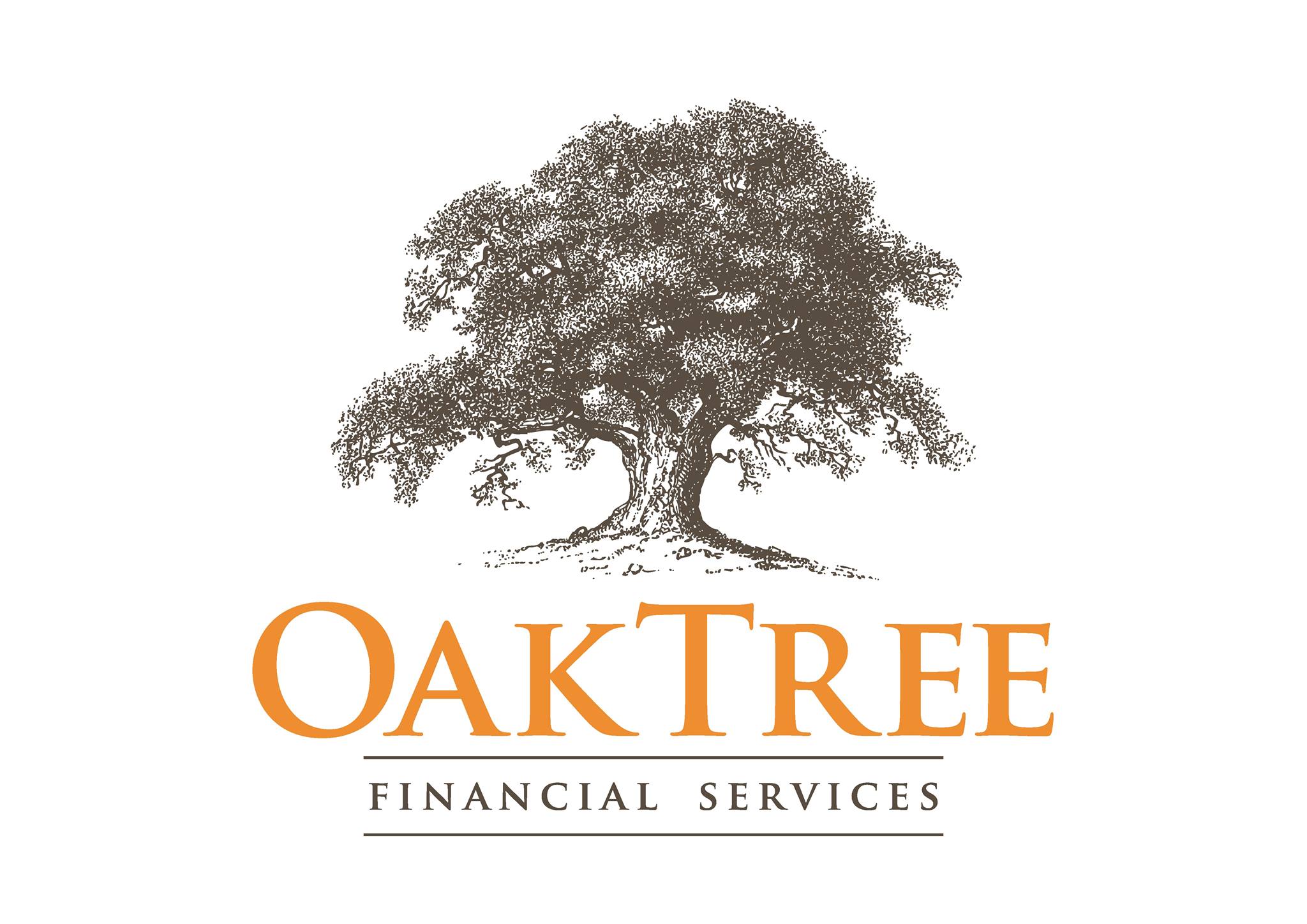Defined Benefit Pension Schemes are a type of occupational pension scheme. Under a Defined Benefit Scheme, there is typically a commitment to pay you a retirement income which is calculated based on years of service and salary. You would normally have the option to exchange a portion of that retirement income for a retirement lump sum at retirement.
Under a defined benefit arrangement, you do not have your own pension fund as such. Instead, the scheme comprises one large fund from which retirement income and retirement lump sums are paid to members when they retire. Investment performance is more of a concern for the scheme and for the employer providing the scheme than it is for you. This is because your benefits are generally not affected even if the fund performs badly.
This characteristic distinguishes a Defined Benefit Scheme from a Defined Contribution Scheme. Under a Defined Contribution Scheme, your retirement benefits depend on the performance of your own pension fund.
Historically in Ireland, Defined Benefit (DB) Pension Schemes were the means by which employers provided pension benefits for their employees. For a variety of reasons, this has changed, and DB schemes are now increasingly seen as a relic of a bygone era.
Retirement Income from a Defined Benefit Scheme
Retirement income will be based on your years of pensionable service and a definition of pensionable salary. Defined Benefit Schemes typically pay you a fraction (for example 1/60th) of your pensionable salary, including the state pension, as retirement income for every year of pensionable service, provided you retire at the scheme’s normal retirement age.
For example, suppose John has been working for ABC Limited for 40 years and has been a member of their Defined Benefit Pension Scheme for all of that time. In ABC Limited’s scheme, employees build up an entitlement to an income in retirement of 1/60th of their final salary for each year they work there. John has reached the scheme’s normal retirement age, which is 66. Because John has been working for 40 years, the scheme will aim for him to be provided with a total pension income of two-thirds (40/60ths) of his final salary. Thus, the scheme and the state pension combined will provide John with two-thirds of his final salary as a retirement income.
The actual calculations relating to entitlements from a Defined Benefit Scheme can be complicated, but generally speaking, the longer your service and the higher your salary, the greater your retirement benefit.
Retirement Lump Sums from a Defined Benefit Scheme
Revenue rules state that pension scheme members have the right to a retirement lump sum based on their final salary and years of service. You should note, however, that unless you have made sufficient Additional Voluntary Contributions (AVCs) to your pension, taking a retirement lump sum is likely to reduce the retirement income that your scheme pays to you.
Some schemes aim to provide members with a defined retirement income and a defined lump sum at retirement (such schemes typically provide a retirement income of 1/60th of the final pensionable salary for each year of service plus a lump sum of 3/80ths of final pensionable salary for each year of service). However, the majority of schemes only provide an income benefit but allow members to have the option of converting part of that income into a lump sum.
Consider Additional Voluntary Contributions (AVCs)
If you are a member of a Defined Benefit Scheme, you can derive three major advantages from making Additional Voluntary Contributions to your pension.
- You can reduce your tax bill because AVCs benefit from relief on income tax.
- You can use your AVCs to provide you with a lump sum at retirement, rather than reducing your retirement income from the main scheme.
- You can use any excess AVCs after you have taken a lump sum to increase your income in retirement or you can transfer them to an Approved Retirement Fund (ARF).
The amount of AVCs you can make is limited by your age and income.
Transfers from a Defined Benefit Scheme
If you are in a DB scheme, you can choose to remain in the scheme or you can choose to transfer out of the scheme should you wish.
In choosing whether to make the transfer from Defined Benefit Pension, you should consider the following:
- Is the DB plan fully funded?
- Could the funding position get worse?
- Are you prepared to take on the investment risk if transferring to a DC pension?
- Does the transfer payment properly reflect the cost of the pension you are foregoing?
- Do you place more value on a potentially more secure retirement income or the value of your estate?
- Is there an enhanced transfer payment from the DB scheme to encourage transfers?
- How strong is the employer who sponsored the scheme and will they make contributions overtime to make up any funding gap?
- Are there alternatives to the DB scheme that better meets your needs?
In some cases, trustees are taking this decision away from scheme members by winding up the DB scheme. In this scenario, you will need to consider how best to invest the pension assets to properly provide for retirement. A key message from the move from DB to DC pensions is that the need to consider pension funding has never been greater. The demise of DB schemes has highlighted the cost of adequately providing for retirement, a cost that has now been pushed from employers to the employee.
Oaktree Financial Services provides advice in all aspects of pension planning, be it the choices available on transfers from DB schemes, setting up a new scheme, or adequately providing for retirement. We can advise on a flexible range of pre and post-retirement options, from traditional insurance company schemes to more flexible self-administered options. Feel free to book a complimentary chat with one of our advisors or call us on 025-30588.
Adrian Godwin is a Senior Financial Consultant and the co-founder and managing director of Oaktree Financial Services. With a background in accounting and tax advising, Adrian specialises in estate planning and wealth management.Adrian offers clients reassurance through best practice solutions. His unique skill set and qualifications enable clients to develop comprehensive life plans that align with their goals.



